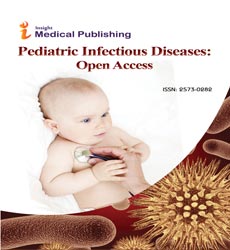The art and science of nursing: Using our professional agency to hear the silenced voices of children and families
Laura Serrant
Sheffield Hallam University, UK
Received Date: 2022-07-06 | Accepted Date: 2022-07-13 | Published Date: 2022-07-20Abstract
The UN development goals recognize that our health, life chances and wellbeing as human beings are often affected by or impacted on by our experiences and the differing contexts in which we live our lives. Many of these experiences are bound up with our identities, environments and social situations in which we live as individuals or members of a community. Nurses are often at the forefront of supporting children and families to manage their lives and health within increasingly diverse societies in the face of resource constraints both human and financial. Policy, practice and research drivers around cultural competence and nursing practice focus on meeting the needs of patients, children and families. However, this often occurs without input from children themselves or recognizing the complexities faced by a profession often seen as having not more than a caring role, secondary to the scientific endeavours of medicine. As a result, the needs and contributions of the nursing profession are rendered at best solely responsive and at worse invisible - and in the silent spaces between patients/family needs and workforce responsibilities, society often fails to acknowledge the importance of nursing leadership as the catalyst to deliver the high quality, equitable and culturally competent care that children and families deserve. This presentation uses personal and professional reflections to highlight the importance of culturally competent and compassionate nursing leadership in health care. It explores the challenges and opportunities faced at an individual and professional level. It looks back at nursing history and forward towards championing the science and art of nursing, making a case for centralizing these in our quest to improve the health and life-chances of children and future generations.
Open Access Journals
- Aquaculture & Veterinary Science
- Chemistry & Chemical Sciences
- Clinical Sciences
- Engineering
- General Science
- Genetics & Molecular Biology
- Health Care & Nursing
- Immunology & Microbiology
- Materials Science
- Mathematics & Physics
- Medical Sciences
- Neurology & Psychiatry
- Oncology & Cancer Science
- Pharmaceutical Sciences
